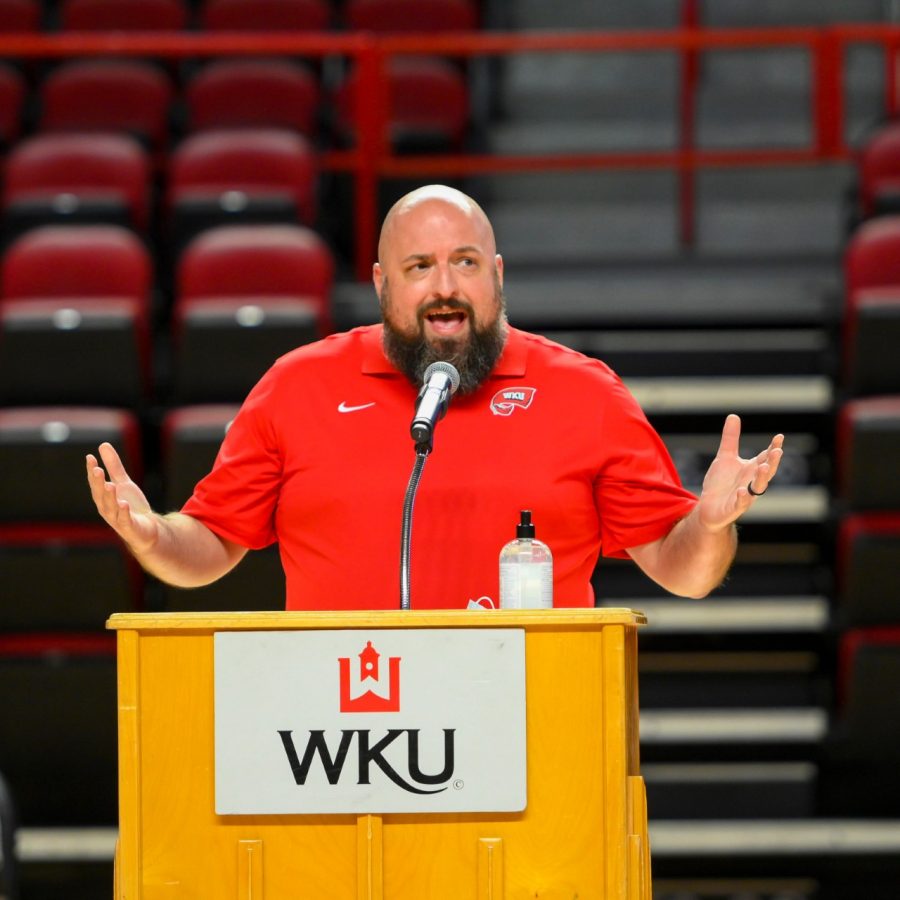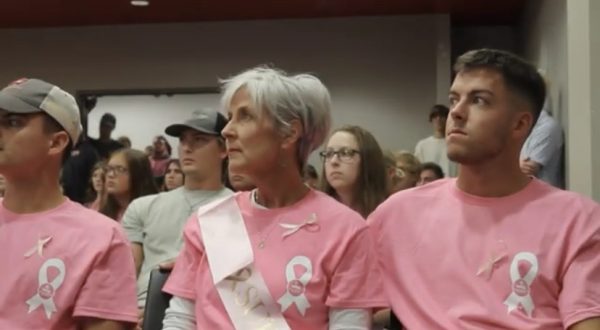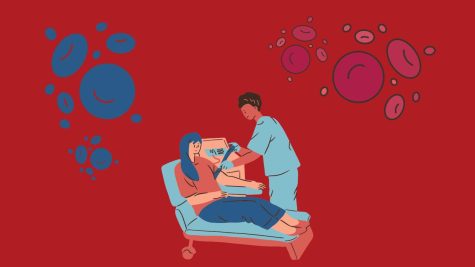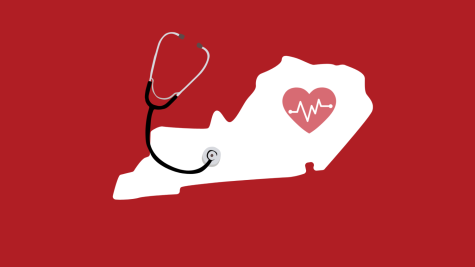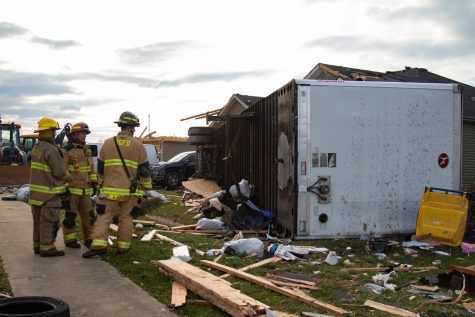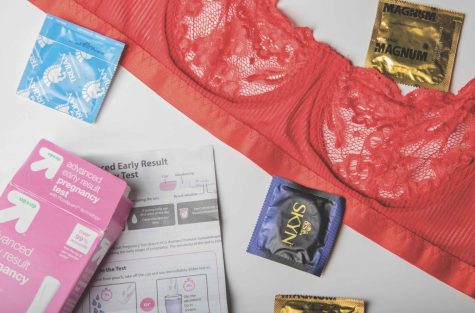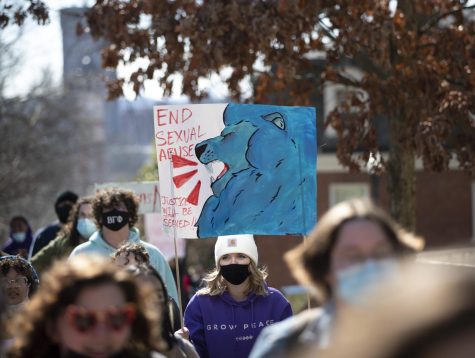‘It’s OK right now to not be OK’ – A peek inside mental health care in the world of WKU Athletics
Credit: Steve Roberts/WKU Athletics
Dr. Joseph Case is a sports psychologist and the director of TOPCARE, a program that provides WKU student-athletes with resources to help tackle mental health issues.
August 23, 2021
As WKU students and athletes return to the hill after a turbulent 18 months, it’s important to keep in mind all the pressures and stressors everyone has been facing.
Athletes and their mental health has become a national story in recent years. Simone Biles’ decision to withdraw from the women’s gymnastics final during the 2020 Tokyo Olympics to prioritize her mental health came as a shock to many.
From an outsider’s perspective, Biles is an athlete at the peak of her athletic ability who was on track to add more gold to her collection of medals – why would anyone step away from that opportunity?
There is a simple answer. Mentality is everything for athletes, and mental health is equally as important as physical health. Dr. Rick Grieve, a psychology professor at WKU who helped develop a mental health screening method for student-athletes, broke down how the physical and mental must coexist.
“We like to think athletes can tune out outside distractions when they hit the field, but, more and more, we are finding out that is not the case,” Grieve said via email. “There is an old Roman saying, ‘mens sana in corpore sano’— a sound mind in a sound body. We have to have both in order for athletes to perform at a high level.”
This sentiment is the reason why trainers and coaches have begun to turn to professionals in the realm of sport psychology in order to better care for their athletes’ mentalities – a side of sport that fans don’t normally get to see.
For WKU Athletics, that professional is Dr. Joseph Case, a sports psychologist and the coordinator of TOPCARE. TOPCARE is a program that offers WKU student-athletes resources for a variety of mental health issues, from wrestling with perfectionism and fighting academic stress to eating disorders and depression.
“It was once believed that athletes, because of their participation in sport and other social benefits, somehow they had some kind of immunity to mental health concerns,” Case said, addressing why there is such a need for a program like TOPCARE. “What we’re seeing now is the recognition [that] the research is finally catching up to what’s really happening.”
Case is hopeful that the stigmas surrounding mental health will continue to dissolve, noting how in recent years he’s noticed an uptick in athletic personnel seeking out his department’s services. Case also expressed his gratitude to WKU Director of Athletics Todd Stewart and President Timothy Caboni for supporting the program as it grew.
“The level of buy-in across campus and across programs has been phenomenal,” Case said. “On the student side the stigma is still there. I don’t know if it’s due to more and more athletes coming forward or professional elite athletes speaking about their struggles, Kevin Love comes to mind… more athletes are willing to step up and seek help.”
“We’ve had a footprint in every single program, some more than others,” Case shared.
Case made it clear that athletes shouldn’t shy away from seeking help for mental health problems – it’s better to address your health as soon as possible rather than putting it on the back burner until you’ve already become overwhelmed.
“A lot of times we treat mental health or sports psychology like it’s a fire extinguisher,” Case said. “We wait until there’s a big fire, then we pull the alarm and try to put the fire out… but we don’t have to wait for the house to be on fire before we do something.”
Case urges the WKU community to take into account the pressures that people are under due to the COVID-19 pandemic, preaching patience and understanding.
“As a community right now, try to continue having grace and empathy and just try to remember the person behind the performer,” Case said. “Just normalizing that it’s OK right now to not be OK.”
Sports Editor Jake Moore can be reached at [email protected]. Follow him on Twitter @Charles_JMoore.

